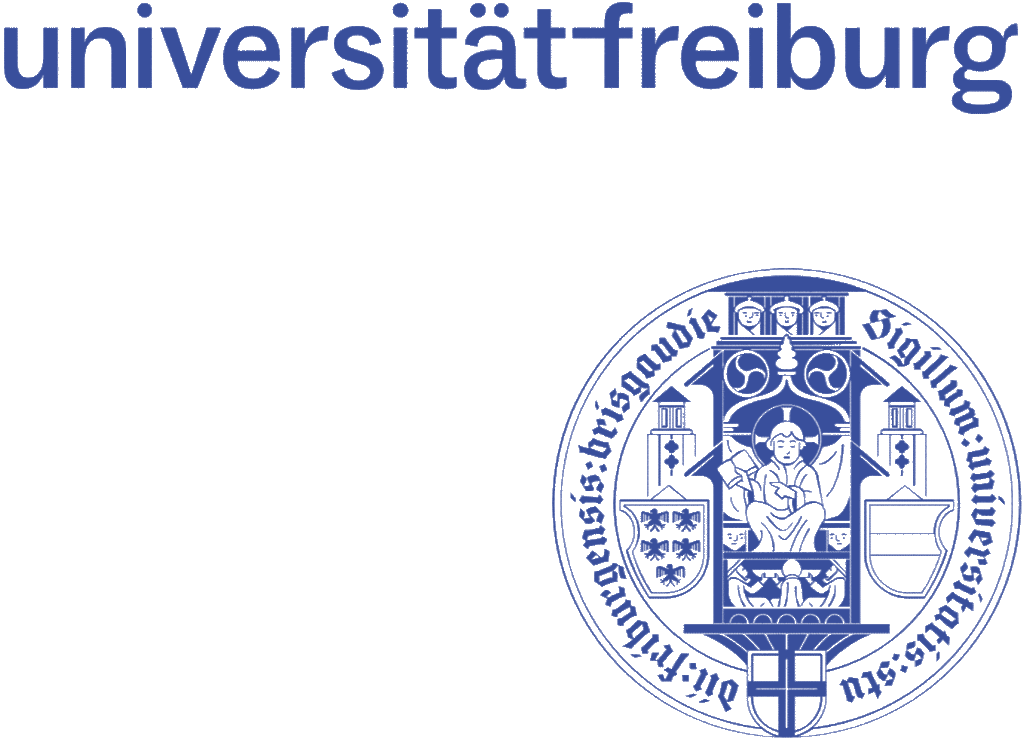
University of Freiburg
Institute of Physics
Experimental Cluster Physics
steve.takouan.tchounga(at)physik.uni-freiburg.de
High resolution photoelectron spectroscopy on size selected metal clusters
In the intricate landscape of nanoscience and materials research, the exploration of nanoscale phenomena and the manipulation of materials at the atomic and molecular levels have emerged as pivotal areas of investigation. Among the various tools available for unraveling the secrets of nanomaterials, high-resolution photoelectron spectroscopy (PES) stands out as a powerful technique capable of providing detailed insights into the electronic structure of materials. This research embarks on a captivating journey into the heart of nanoscience, focusing on the experimental investigation of size-selected metal clusters using high-resolution photoelectron spectroscopy.
Metal clusters, characterized by their unique electronic and geometric properties, serve as fascinating model systems for studying the fundamental principles that govern the behavior of matter on the nanoscale. This research endeavors to push the boundaries of our understanding by concentrating on the electronic intricacies of metal clusters with a specific emphasis on size selection. The deliberate control of cluster size allows for the isolation of distinct electronic states, providing a nuanced perspective on the relationship between size and electronic structure.
The experimental methodology employed involves the synthesis and meticulous size selection of metal clusters, coupled with the application of cutting-edge high-resolution photoelectron spectrometers. By scrutinizing the photoelectron spectra of these size-selected clusters, the study aims to unveil electronic transitions, binding energies, and other spectroscopic features with unprecedented precision. Such a granular examination is essential for comprehending the nuanced effects of size variations on the electronic properties of metal clusters.



